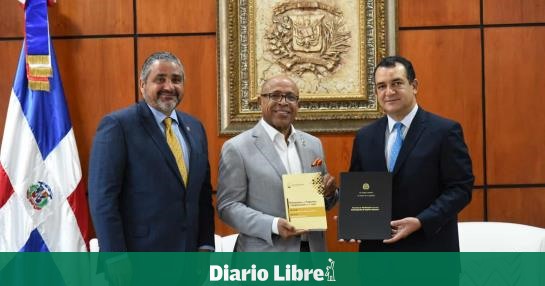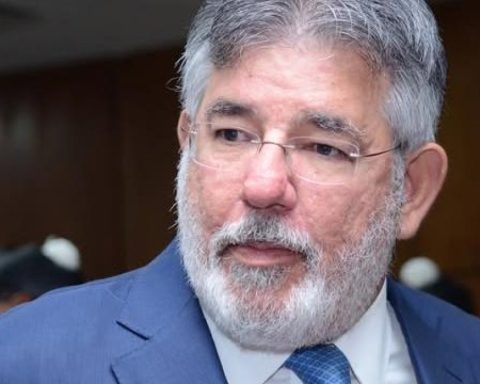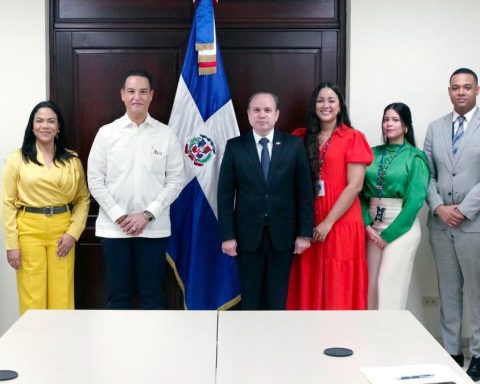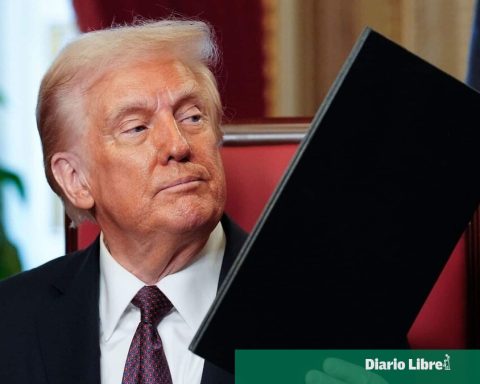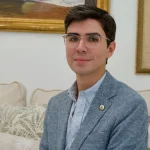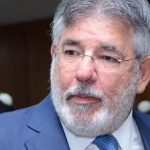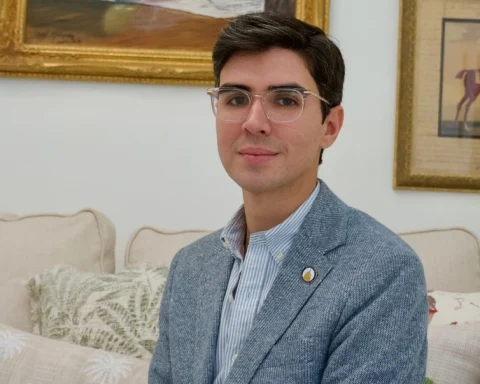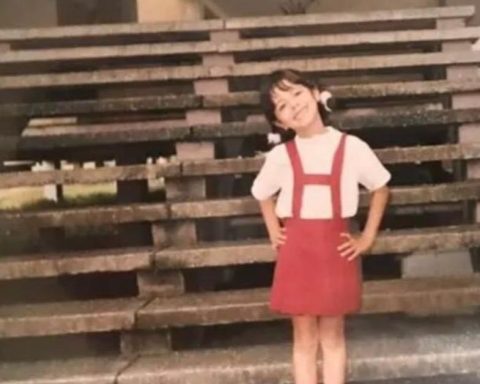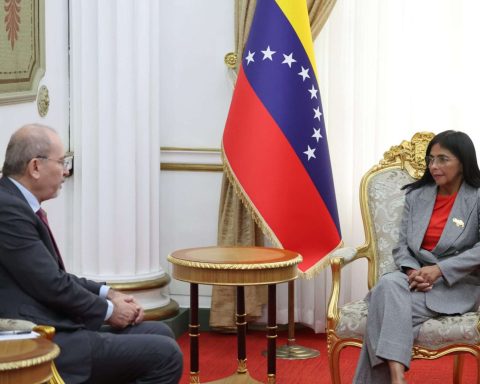0 A Code Electoral or that the laws of Political parties and Regime Electoralare legislative proposals that keep the opinions of the delegates of the political organizations divided before the Central Board Electoral (JCE).
The National Congress is in the study phase of both a bill for a code electoral as of the projects of modification of the laws 15-19, Organic of Regime Electoral and 33-18 of Parties, Groups and Political Movements.
In this context, the president of the Central Board Electoral (JCE), Roman Jaquez Liranzohas been emphatic in the importance that these laws be approved immediately by the congressmen, which is why he went ahead to introduce those modifications to the CN even when the table electoral coordinated by the Economic and Social Council (ESC), the reform report has not been completed electoral.
Jáquez Liranzo recently ruled out the possibility that a code could be approved electoral that covers all laws and regulations relating to electoral that exist in the country and attributed this to the fact that attempts have been made on other occasions, but these attempts do not prosper due to “ridiculous disparities”.
In this sense, the delegate of the Dominican Revolutionary Party (PRD), before the JCEJanet Camilo, when asked about what was said by the president of that body, stated that the ideal is for both laws to be separate.
The Perremeista leader indicated that her party’s position is that they prefer that “laws be approved separately.”
Camilo is the one who represents the PRD before the reform table electoral of the ESC and has been emphatic that the reform electoral should be done as soon as possible so that these are implemented in time for the next tournament electoral of 2024.
On his side, the delegate of the Christian Democratic Union Party (UDC), Leonardo Suero, pointed out that the ideal would have been for a code to be approved electoral to collect laws 15-19 and 33-18, but because you are in the pre-campaign electoral From 2023, it only remains for the aforementioned laws to be modified.
I attribute to the “interests that move around these regulations” that it is not possible to implement a code that compiles all the laws that are “loose around” the subject electoral
“The president of the JCE has asked all political parties and above all I pronounce it at the mass of the 99th anniversary of the JCE where is opposed to be a code electoralbut I see it in the context of the necessary time and that the legislative chambers approve it”, he maintained.
This coming Monday, April 25, from 10:00 in the morning, in the Hall of the National Assembly, the Permanent Commission of the Central Board Electoral of the Chamber of Deputies will be holding public hearings of the bill of the Code Electoralwhich seeks to unify laws 15-19 and 33-18.
While the political delegate of the Christian Social Reformist Party (PRSC), before the JCETácito Perdomo, assured that what is ideal for the country in terms of electoral is that a code is approved electoral.
He pointed out that to carry out said code, it would not only cover laws 33-18 and 15-19, but would also include a group of laws that in one way or another intervene in the process. electoral for which it would also include the law of municipalities and other laws related to the subject electoral and add its content in a single organized and well formulated code.
“What we understand and have proposed for many years is that a code electoral. Whether or not there is time to do it and if we want things done well, the same thing as working on those two laws and working on the others would take the same time,” Perdomo said.
He stated that the country requires a true political will to be able to make a modification to the electoral frameworks with which to make these laws more functional and that they do not have so much contradiction to the point that having to go to court to challenge them.
Senate special committee
This past Thursday the special commission that was empowered in the Senate for the study of the projects to modify the electoral laws met for the first time where they chose the work schedule for the analysis of said initiatives.
The members of the special commission agreed to invite the plenary of the JCE with the aim of listening to their objections regarding the modifications of the electoral laws and thus advance the analysis work around the two projects.
The order of study of the initiative will be to work first with Law 33-18 on Political Parties, Groups and Movements and continue with Law 15-19, Organic Law Electoral. The commission will meet every Monday at 2:00 pm.
